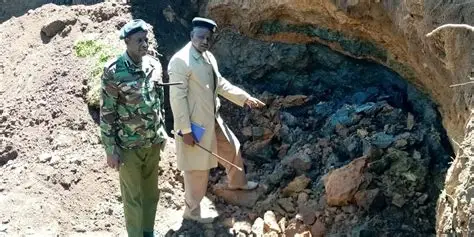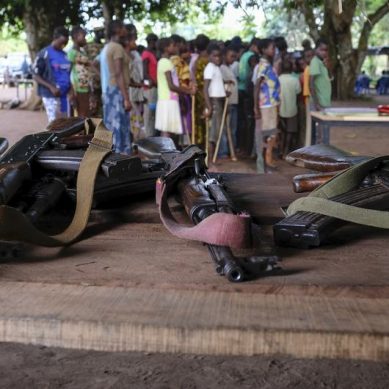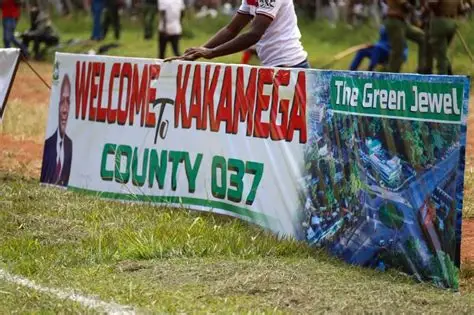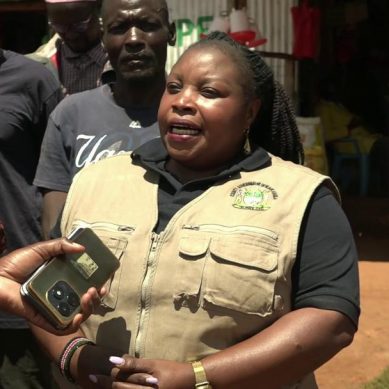
Kenya’s quest for mineral wealth rose a notch higher following a move by the national government to deploy a geological survey team to West Pokot County to assess the extent of gold mineralisation in Kambi Karai, Pokot Central sub-county, after the discovery of deposits in the area.
In recent months, there have ben reports of increased artisanal mining of gold in South Nyanza, North Nyanza, Narok, Elgyo Marakwet, Mandera, Garissa, Kakamga, Busia, Vihiga and Bungoma, to name just a few counties where high quantities of gold deposits have been sighted.
This has given rise to speculation that the East African nation’s mineral deposits are vast and now need extensive exploration to ascertain their value.
Despite promising gold deposit discoveries that include coltan – used in the manufacture of smartphones and electrical vehicle batteries – in Tana River, Elgeyo Marakwet, Turkana and Embu – the mining sector is routinely allocated a pittance in the national government budget.
In the 2025-26 budget for instance, the sector was not allocated any funds with senior officials in the department of mining telling Tell Media that their budget is biennial, which makes it difficult to carry out survey and mineral exploration.
Calls by experts to the government to invest more in the search for underground wealth as a means mitigating against expensive foreign loans have often been rebutted with excuses of lack of expertise.
Enock Kipseba, Secretary for Geological Survey in the Ministry of Mining, Blue Economy and Maritime Affairs said the team deployed to West Pokot will conduct detailed exploration to determine the scale and nature of the deposits.
Speaking during a public meeting at Sangak Primary School where he introduced the team, Kipseba noted that the discovery had spurred a dramatic rise in artisanal mining, prompting the government to intervene with scientific research. Kipseba explained that the experts will employ techniques such as soil sampling and drilling to generate a comprehensive report on mineral content and distribution.
“The drilling operations will be undertaken by the geological experts on the ground with the aim of producing a detailed report on the mineralisation pattern,” he said.
Kipseba stated that the first phase of the survey will take at least a month, although the timeline may be extended depending on the workload. He emphasised that mineral exploration is a long-term process, but assured residents that efficient methods will be used to expedite the outcome.
The mining chief added that the study will not only trace the source of alluvial gold but will also assess the presence of other minerals to ensure broad exploration.
“The final report will be made accessible to the public through the National Geo-Data Centre and will be available for download on the official website,” Kipseba disclosed.
Warning against illegal mining, Pokot Central Acting Deputy County Commissioner Richard Omoyo praised the local community for cooperating with investors but cautioned against illegal mining on public utilities such as schools, road reserves, rivers and power line corridors.
“Violators will face legal consequences for breaching the Mining Act,” Omoyo warned.
He also urged investors to conduct proper due diligence when acquiring land to avoid disputes and cases of double-selling.
County Mining Officer Brian Bundi reminded miners that the law requires rehabilitation of mining sites before shifting operations. He encouraged artisanal miners to form cooperatives to help regularise and support small-scale mining, warning that action will be taken against those involved in illegal practices.
- A Tell Media / KNA report / By Anthony Melly








